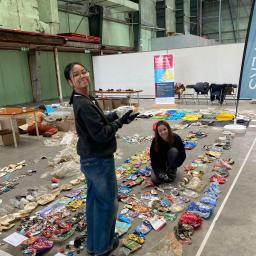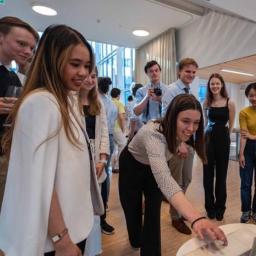Wassim El Fallaki participated in the Honours Programme of Leiden-Delft-Erasmus Universities
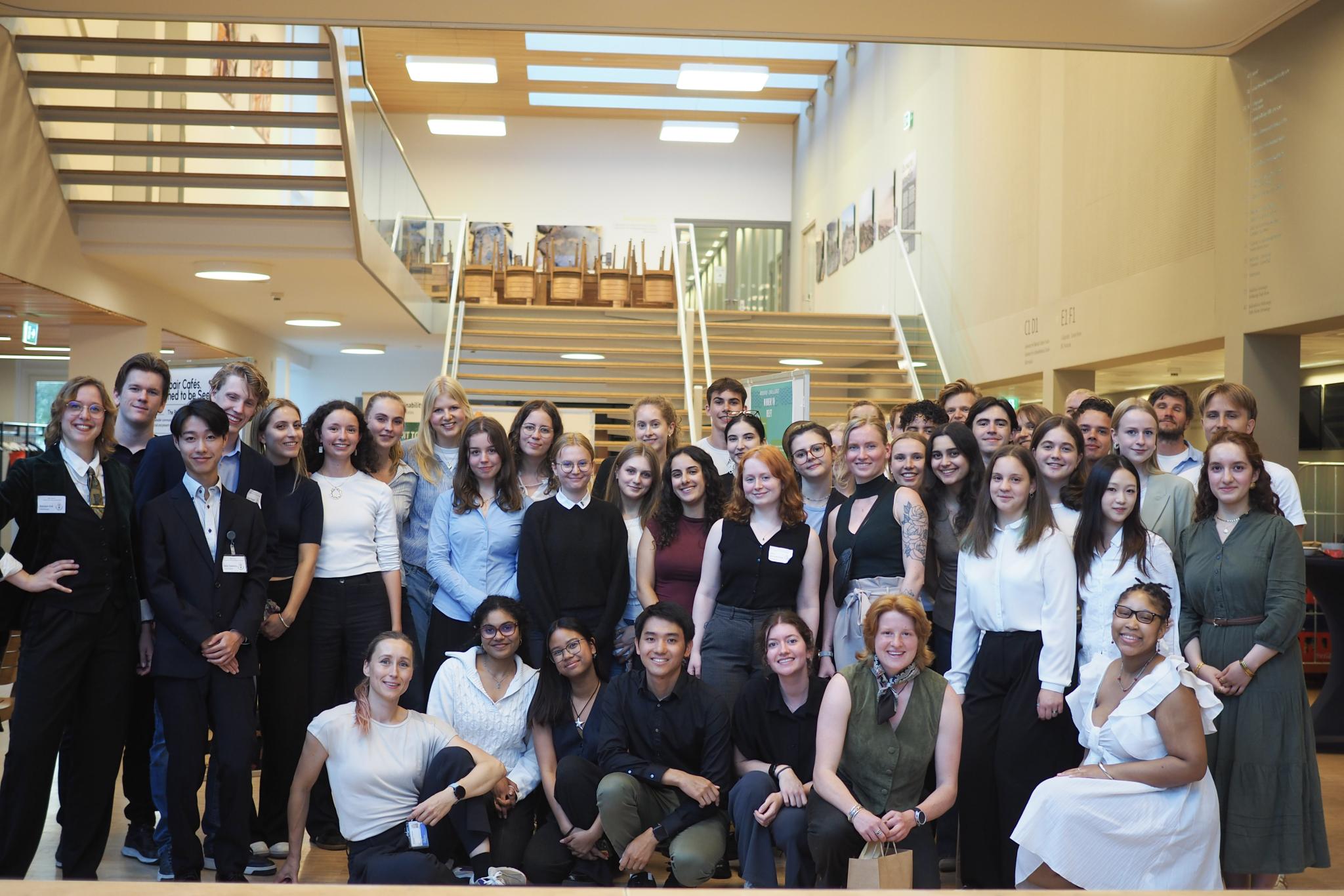
‘Getting the most out of my studies, that was my intention, that’s how it all started,’ says Wassim El Fallaki, a third-year Bachelor’s student in Architecture at Delft University of Technology. ‘And I wanted to get to know people outside my own study programme and university. Plus, I wanted to do something that would allow me to make a real impact, not just engage in theory. The subject matter was almost irrelevant to me.’ He ended up choosing the Honours Programme in Sustainability at Leiden-Delft-Erasmus Universities.
As one of 50 students, Wassim was admitted to this prestigious programme in which Leiden University, Delft University of Technology and Erasmus University Rotterdam combine their areas of expertise. The aim is to offer ambitious students extra challenges, academic training and practical experience. How do you get into the Honours Programme? Wassim: ‘At the end of my first year of study, I received my grades and my average was higher than 7.5. I wrote a letter of motivation in the summer, was selected and then chose Honours Sustainability at the information meeting.’
The programme offers second-year bachelor's students additional academic training and practical experience. Wassim: 'We were taught by lecturers and professors from all three universities, so we got to hear different perspectives, which was really interesting. In the theoretical part, you learn about the subject, in this case sustainability, and you get workshops in skills such as research ethics and systems thinking. This runs from November to January. After that, you work in a group on a real case study until the final presentation in June.
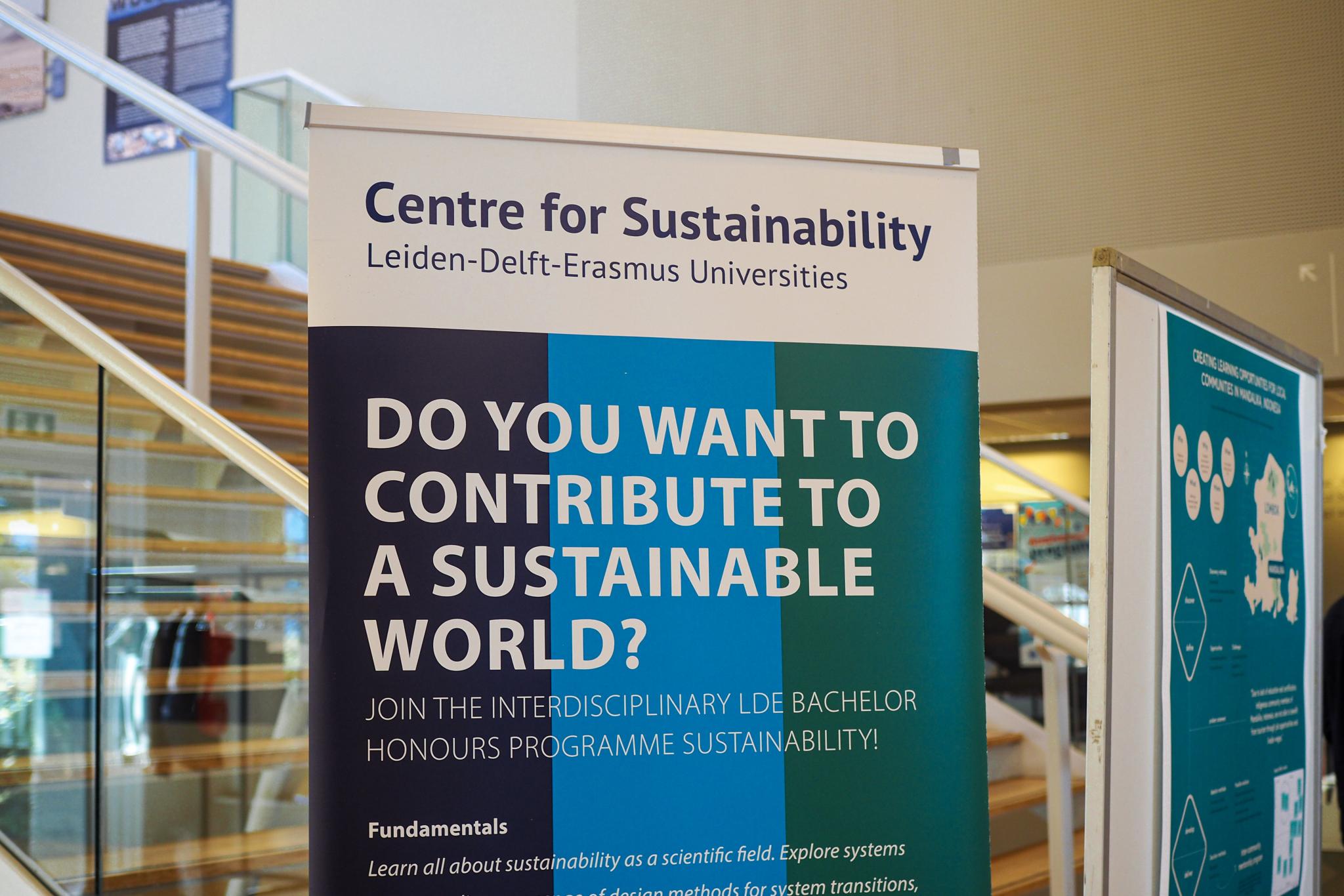
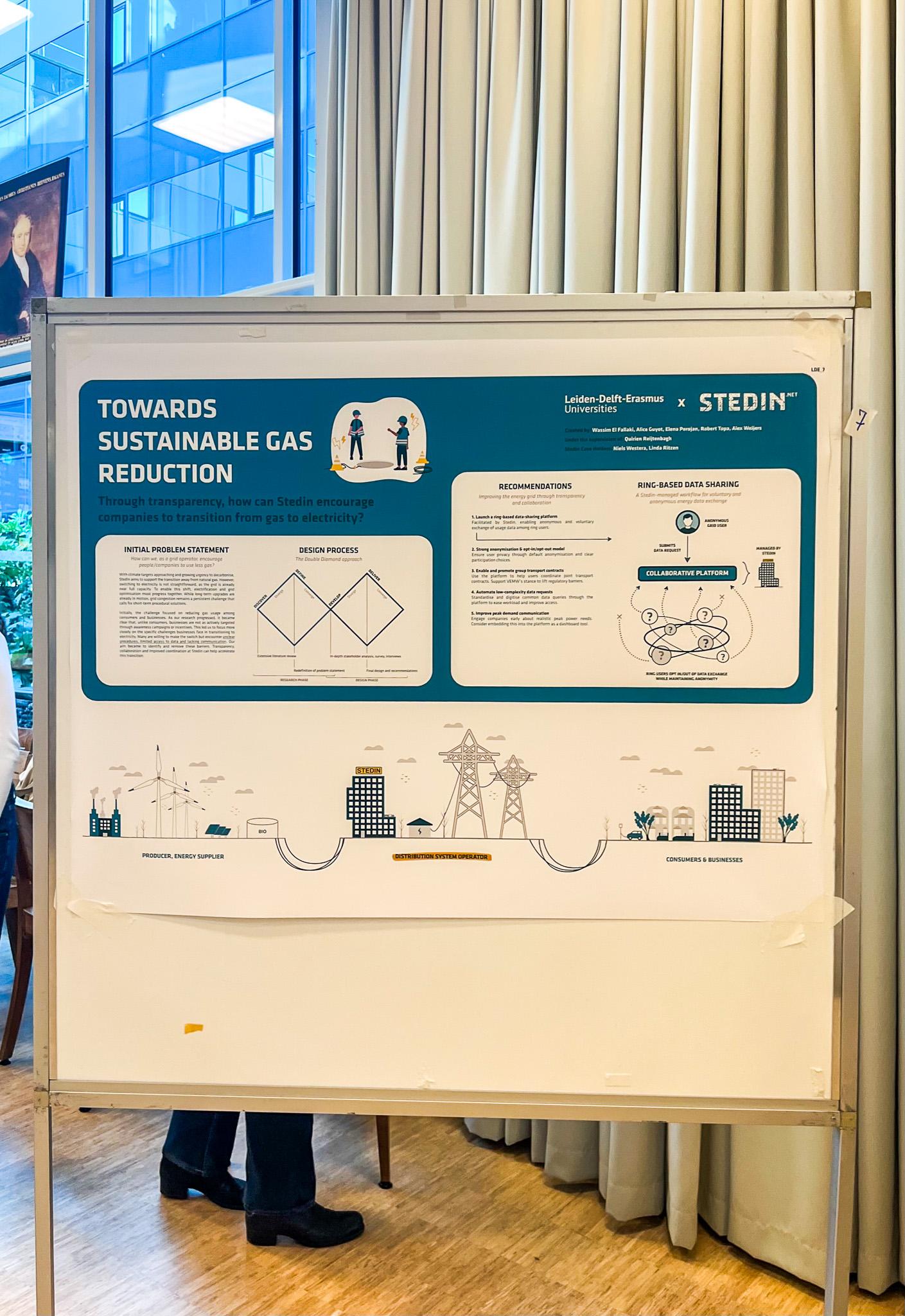
Wassim worked on the case of network operator Stedin, commissioned by the Strategy and Regulation department. During that assignment, he collaborated with students from the two other universities to find an answer to the research question: ‘Through transparency, how can Stedin encourage companies to transition from gas to electricity?’ Wassim: ‘Stedin presented us with a difficult issue, about which we all had little knowledge. That is what made it such an interesting challenge.’
How does it work in such a mixed group from different fields of study? Wassim: ‘My group included students of Political Sciences and International Relations from Leiden. And two from Rotterdam, studying International Business and Economics and Law.
So I was the “technical” person from Delft. But we had a principle that you didn't have to stick to your own field of expertise. That was a lot of fun, because it meant I also had to think about social and economic aspects.
The Leiden-Delft-Erasmus Universities Honours Programme takes you to various locations. Wassim: ‘We spent a lot of time in The Hague, because Leiden University has a large faculty there, conveniently located near the station. We also spent a lot of time in Delft. The case study was in Rotterdam, where we also had some workshops.’
Three months of extra classes every Tuesday evening from 7 to 9 p.m.: isn't that a lot to take on alongside your regular study programme, part-time job, social life, sports, and everything else? Wassim: 'I thought it was doable. It's nice that it's over now, though. But I really learned a lot; you gain a knowledge advantage. Recently, we discussed new energy solutions here at Architecture. I thought to myself: don't they know that the grid is full in South Holland? That you first have to analyse the system before you come up with a solution. I learned that during the honours programme.’
Would you also like to participate in an honours programme? There are several honours programmes offered by universities, including a number jointly offered by Leiden-Delft-Erasmus Universities. Students can participate in each other's honours programmes.
View all LDE honours programmes here: Honours | Leiden•Delft•Erasmus

